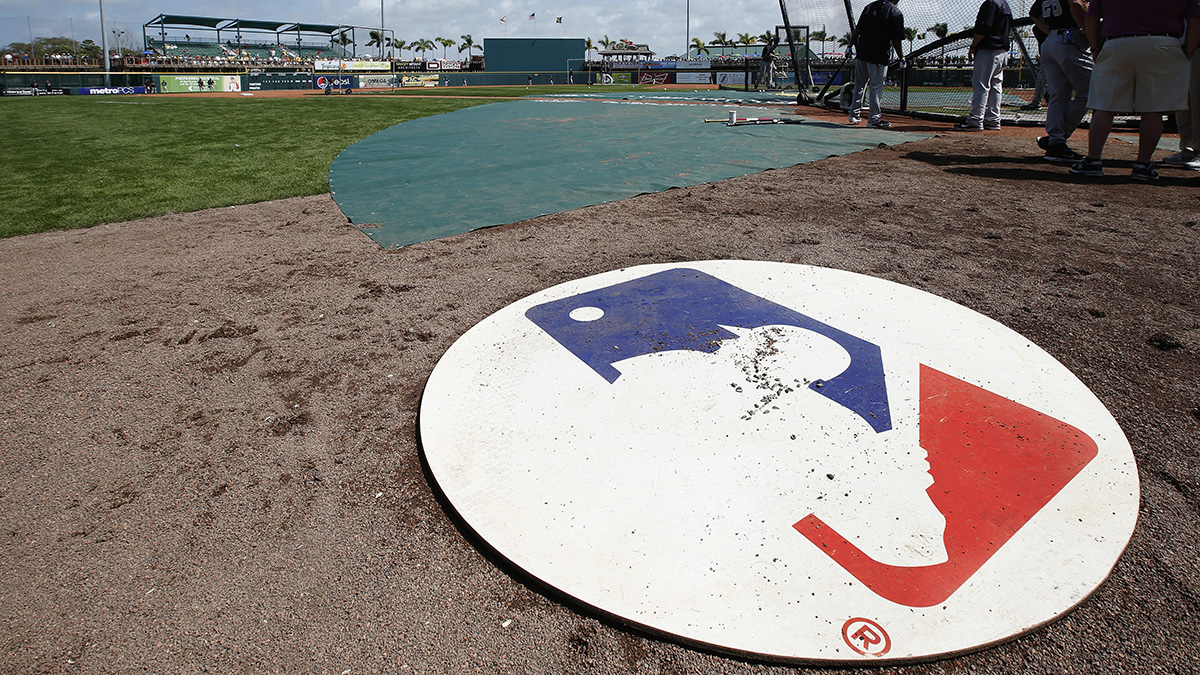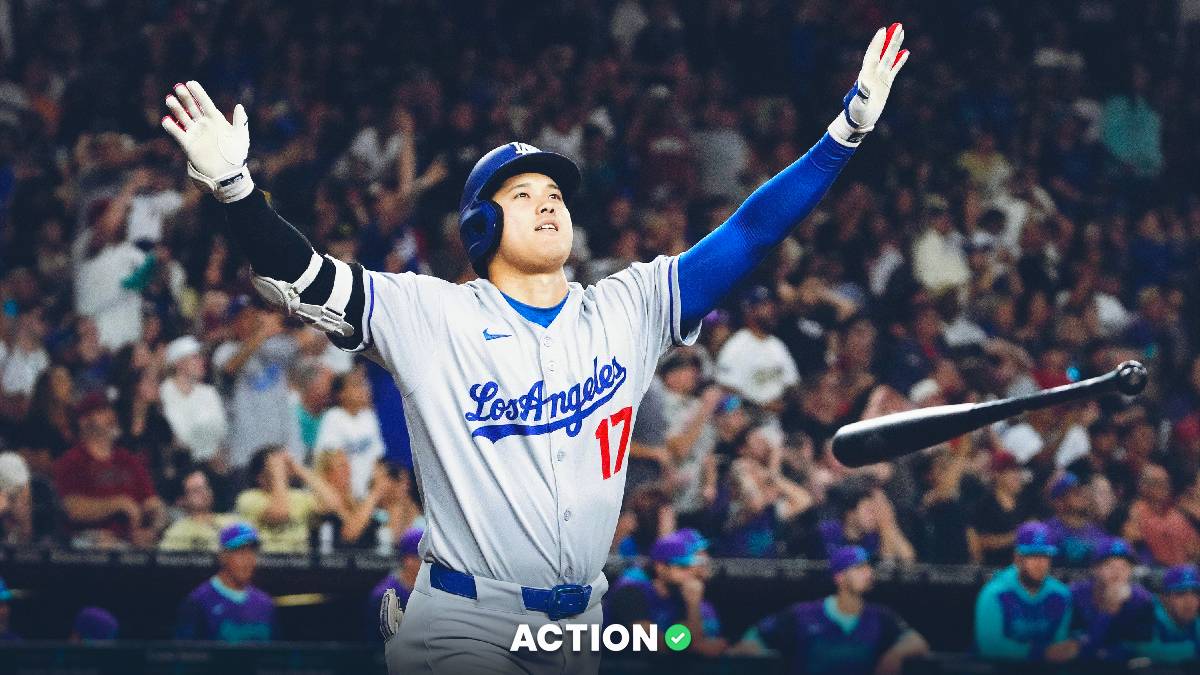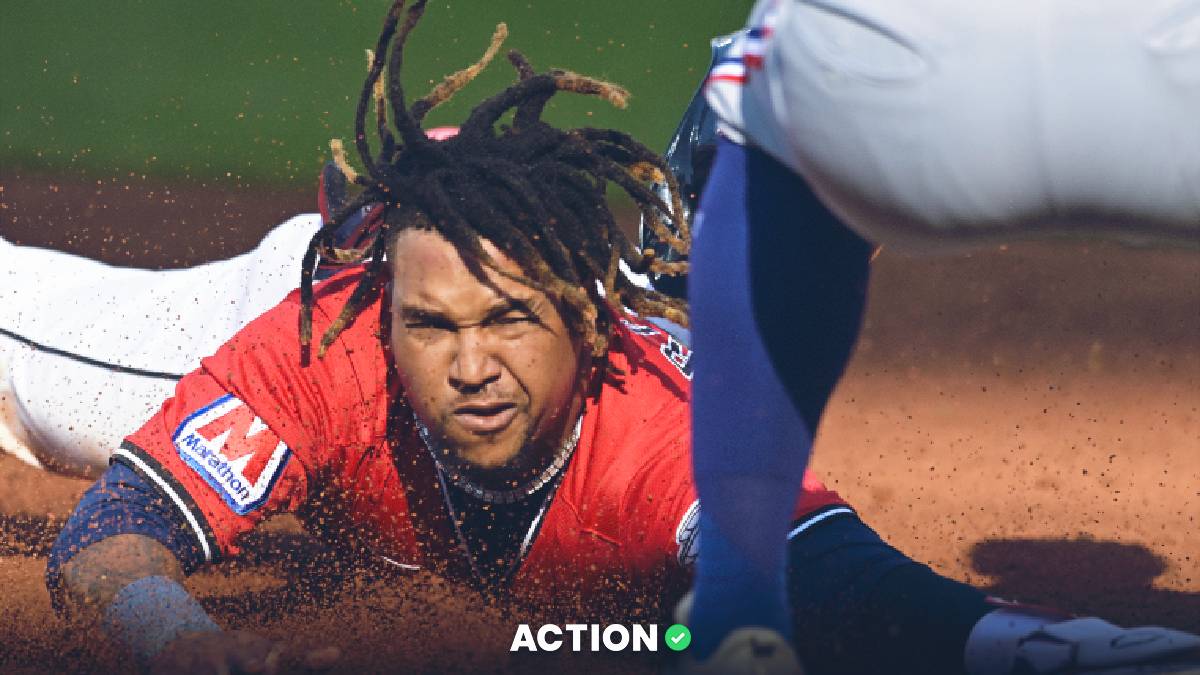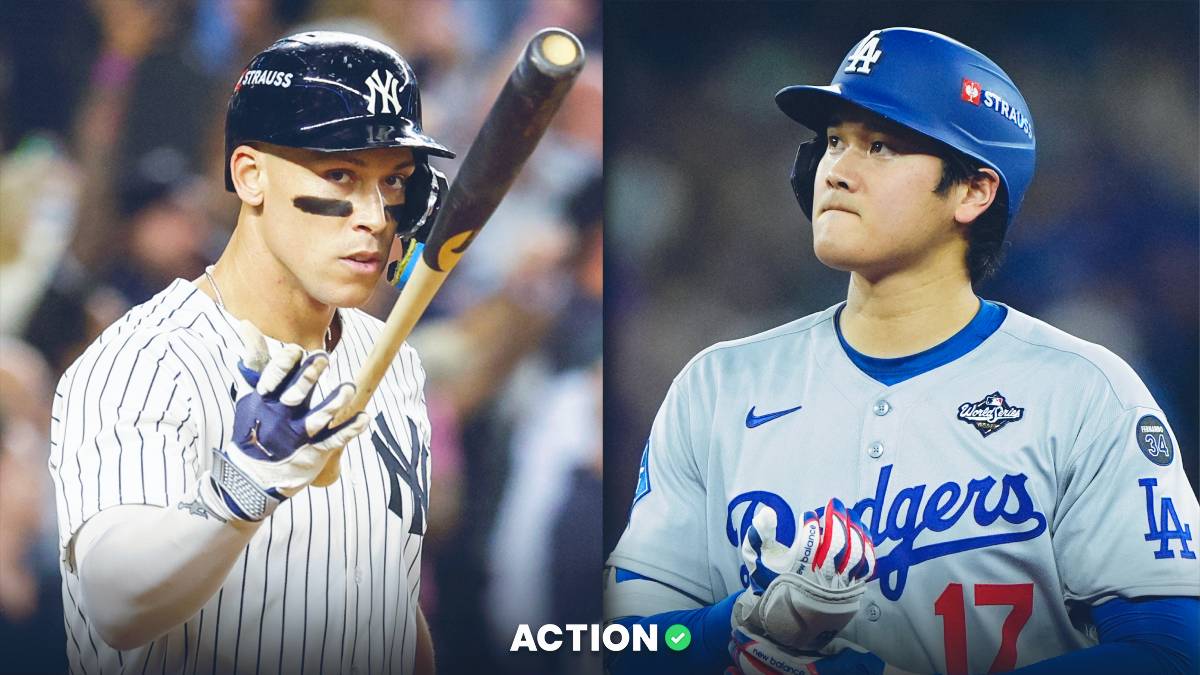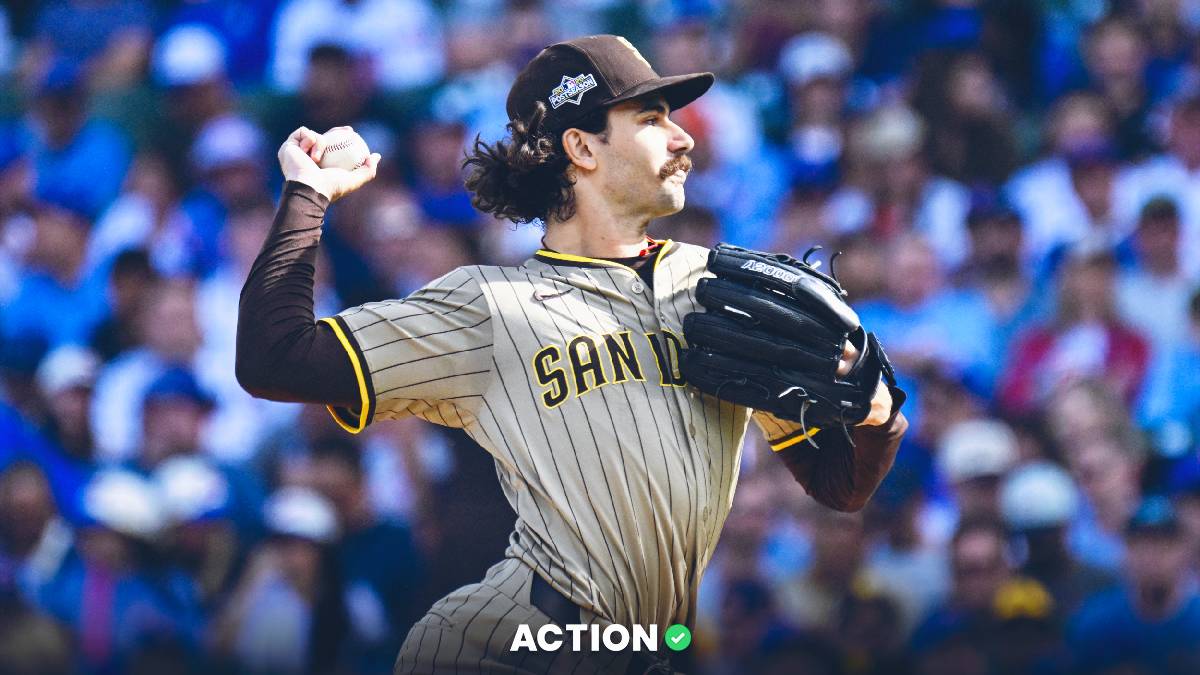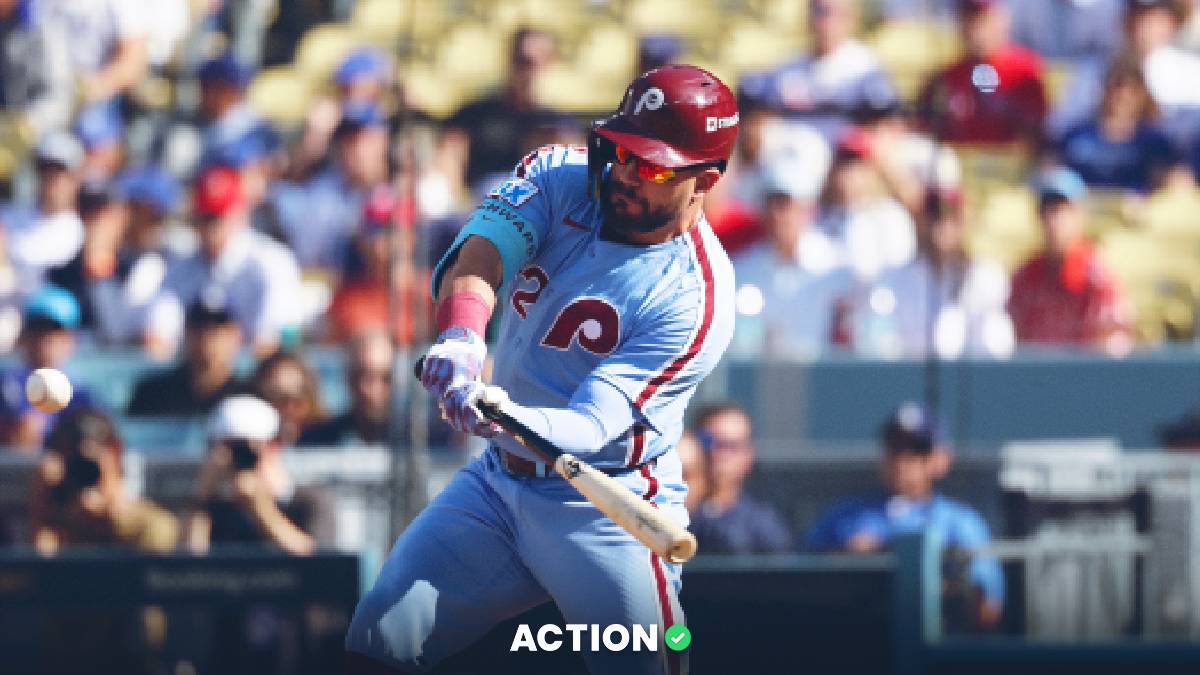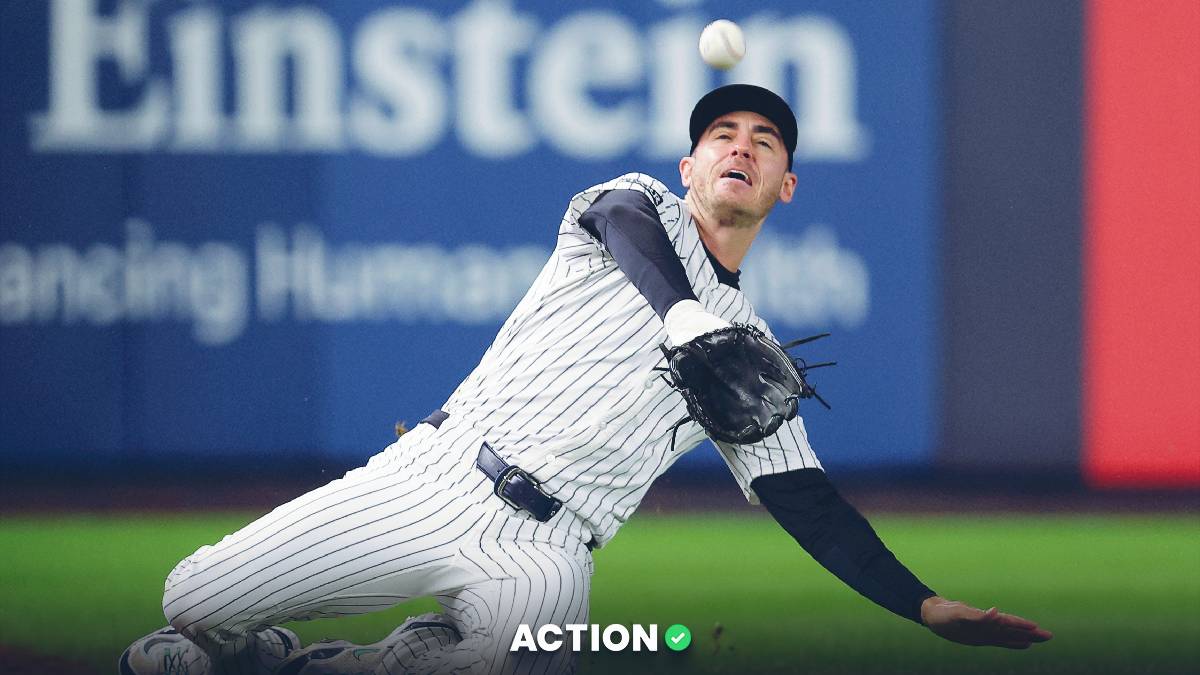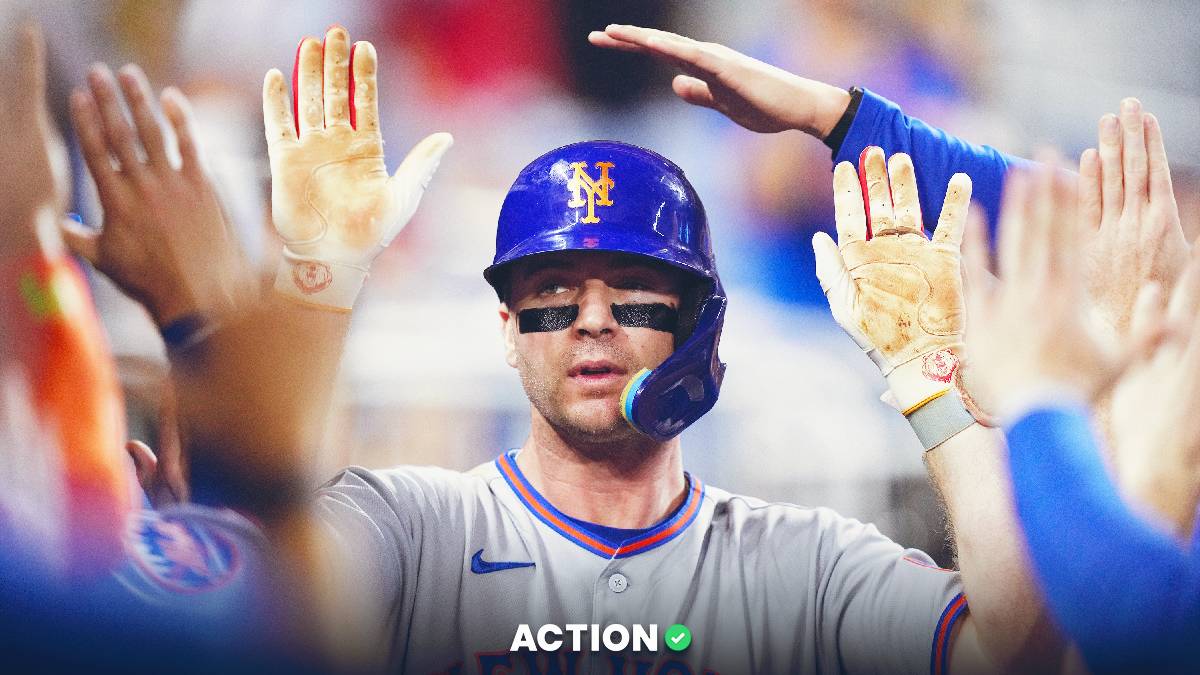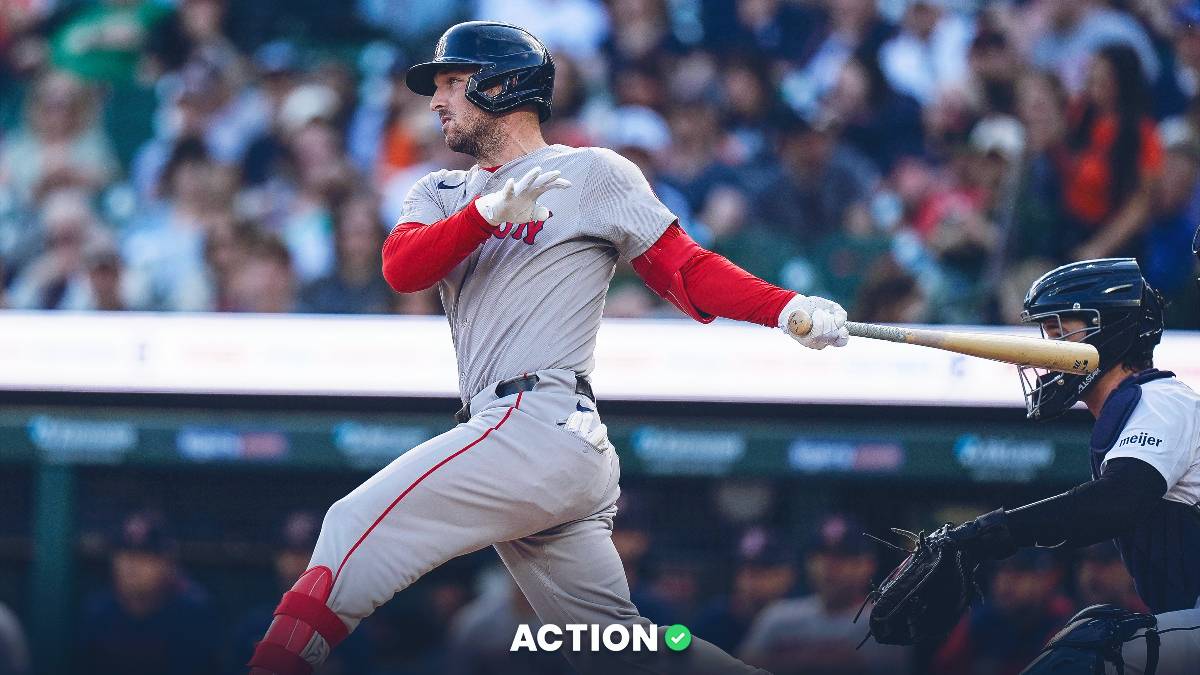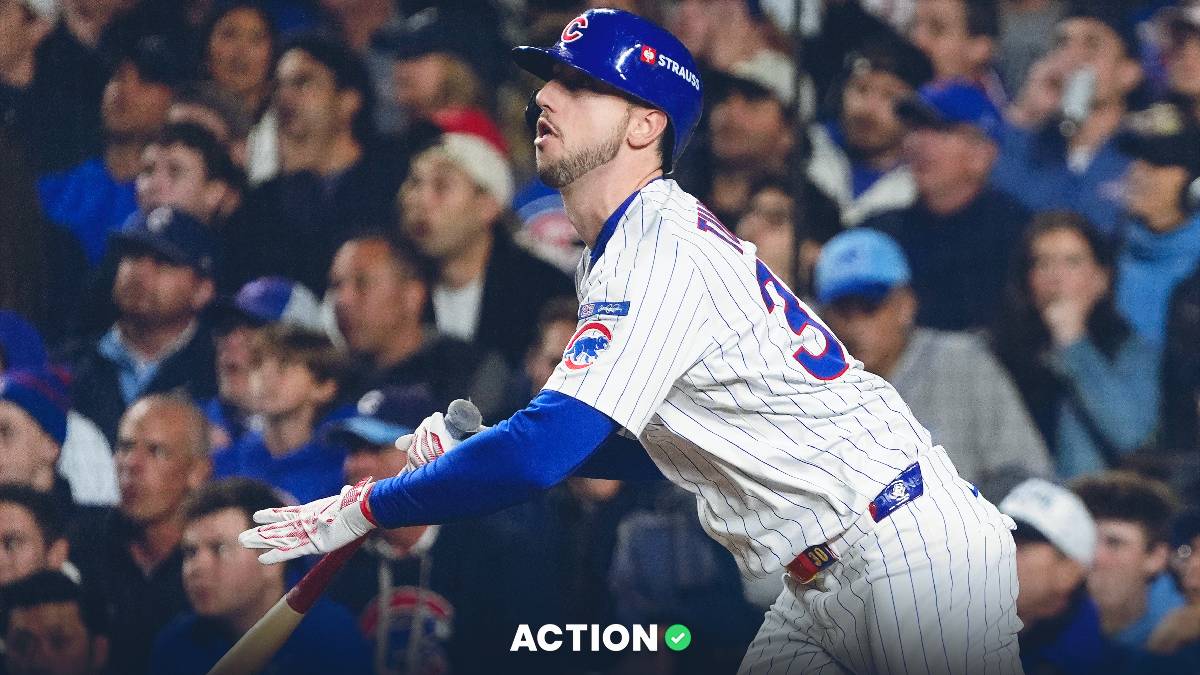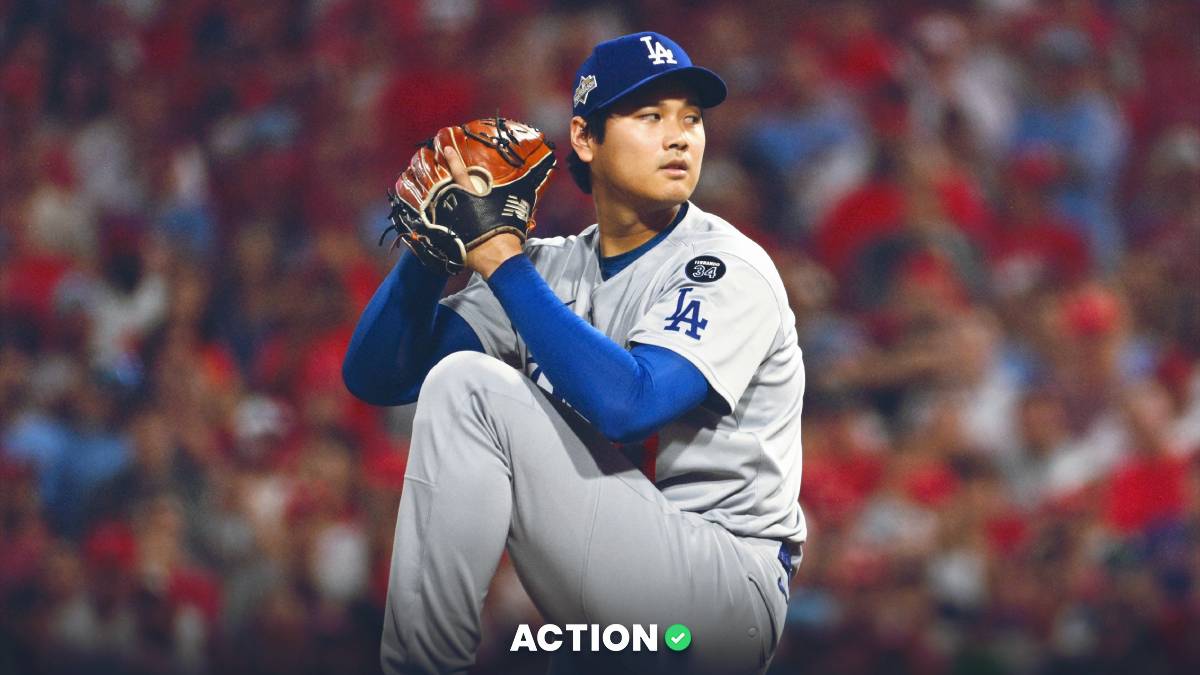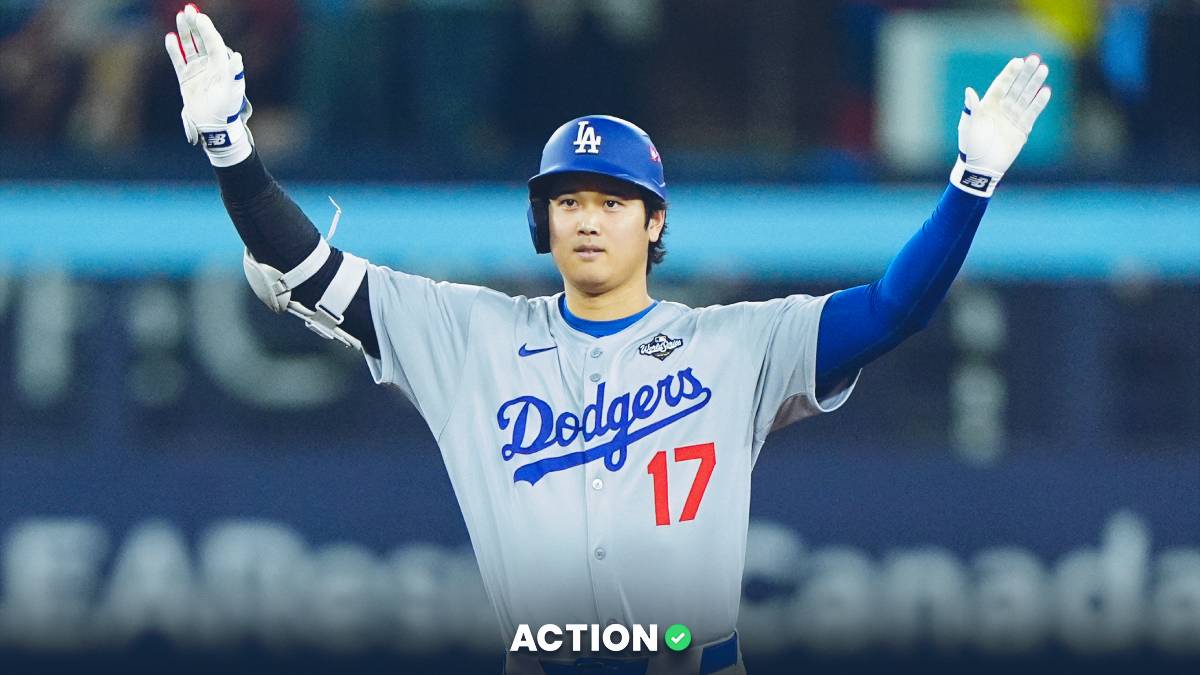It is in every sport league's best interest to engage with new business categories. Partnerships need to be made in competitive, growing sectors in order to expand league revenue.
Wednesday’s announcement that Major League Baseball became the first major American sports league to embrace a CBD deal might be considered a milestone, but there’s still the elephant in the room: There are too many bad, unchecked companies.
Another issue: There isn't a consensus regarding what even constitutes a CBD product.
Simply put, what the public expects from CBD goods is far too varied.
The products on the market today react to different people in different ways. Consuming them doesn't result in a standardized experience. What one person may feel, another person may not.
That's because there isn't a regulatory body — say, the FDA — to determine what is allowed to be labeled as CBD.
And CBD companies have taken advantage, touting unrealistic and asinine health benefits for their products with the vigor of snake oil salesmen. For those that have gone to the greatest extreme, the FDA has at least said, “No, you can’t do this.” But there’s way too much rampant fraud for all the companies to be caught.
A study by the University of Pennsylvania said that up to 70% of CBD-labeled products are mislabeled.
Perhaps an article in the Harvard Business Review published last December put it best.
“The only thing that is clear is this point: The marketing has gone way ahead of the science and the law when it comes to CBD products.”
This lack of standardization reduces the long-term viability of the entire industry.
Take the CBD drink market, for example. There was a gold rush to get into the space and what has happened? It has disappointed. Why? Because once the public tries one product that doesn’t “work” to their specifications, they stay away from the category altogether.
The same phenomenon happened in the coconut water market, when people tasted the worst of the category. They weren’t going to try another.
If one of the many bad CBD products is a consumer's introduction to the space, that person is unlikely to return.
Baseball did well in picking out Charlotte’s Web, whose CBD products have gone through the rigorous NSF certification. That means it has passed extensive toxicology tests and, as a supplement for sports, it has been tested for contaminants for performance enhancers.
But the category will not skyrocket until the FDA steps in to regulate and standardize CBD companies and their outlandish claims.
That, at least, seems to be coming.
After four years of inaction — the FDA has only approved one CBD product, a pharmaceutical that uses CBD to calm rare seizures in children — the governmental body hired Norman Birenbaum this month to be its senior advisor. Birenbaum previously directed cannabis programs in Rhode Island and New York.
What will ideally happen next? The FDA needs to set scientific specifications about what can be called a "CBD product." They need to ensure ridiculous claims are fully vetted.
If that happens, the herd will be thinned, but those who survive will get their proper piece of a faster growing pie.


